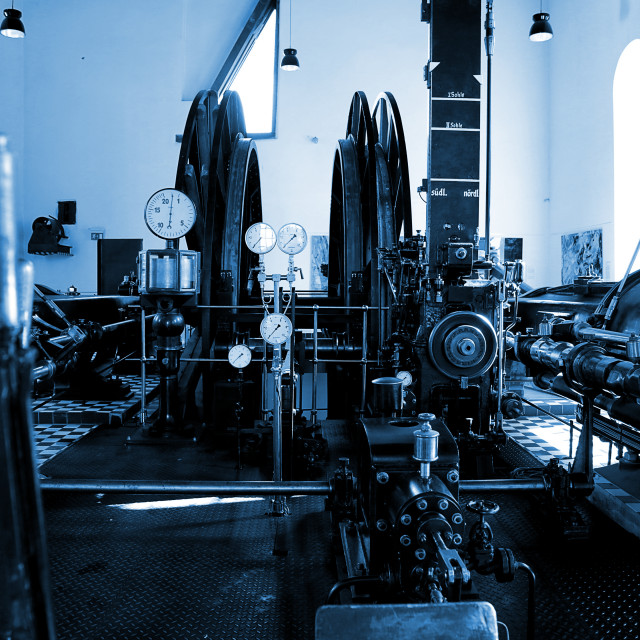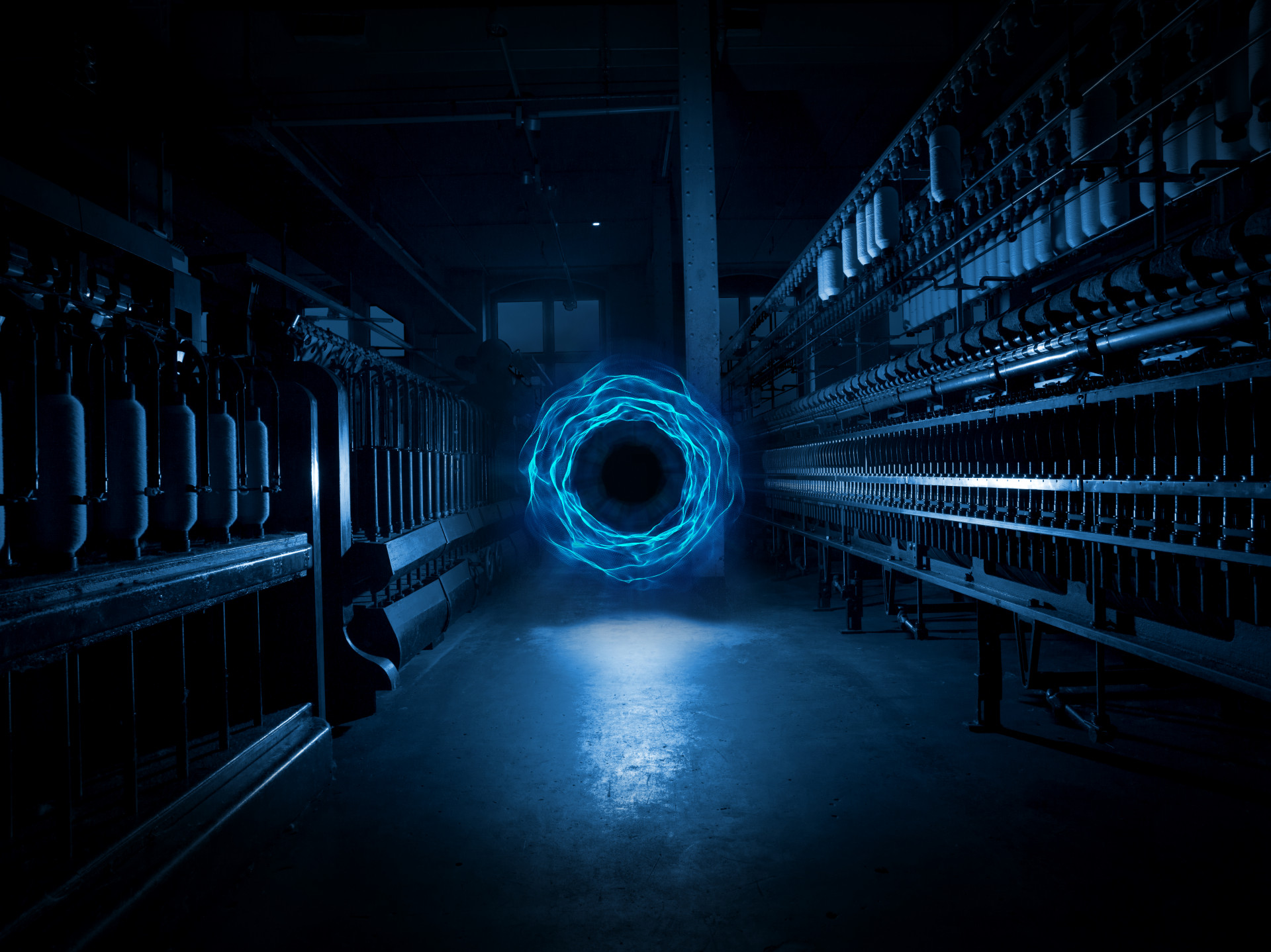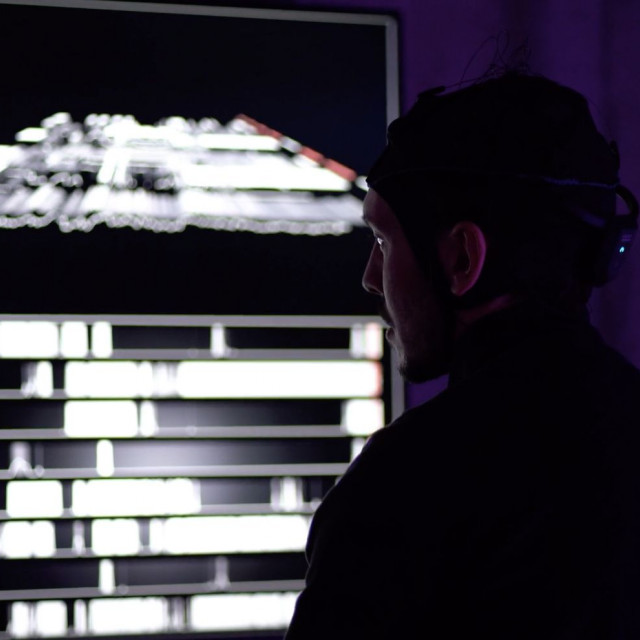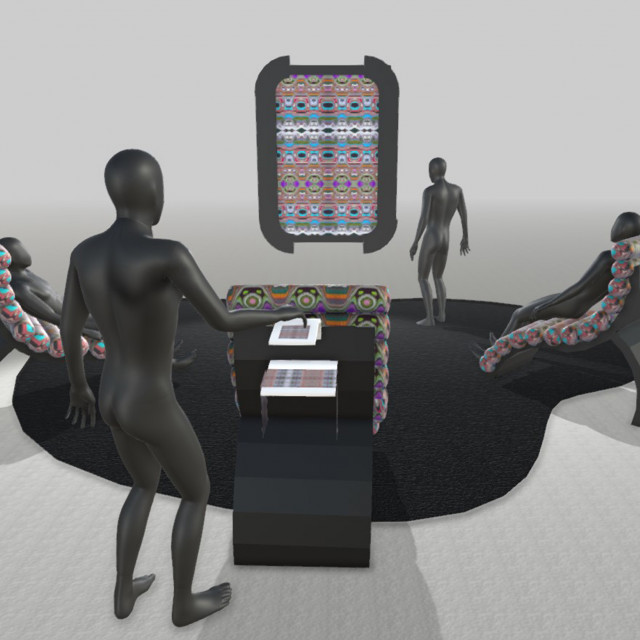Textilwerk Bocholt
FUTUR_work

TextilWerk Bocholt, a textile plant in Bocholt, is located in the heart of a new cultural quarter. In a lively textile region, the museum brings to life the living and working worlds of entrepreneurs and working families since the time of high industrialization. With daily demonstrations on historic looms and automatic looms in a distinctive spinning mill and in the Weberei (weaving mill), visitors can experience the changes in production and working conditions over the course of a century with all their senses.


